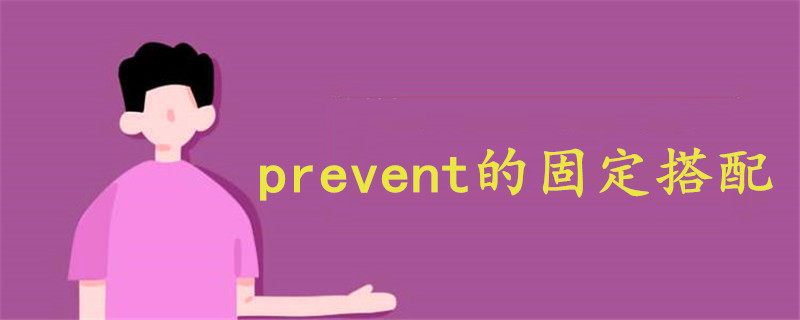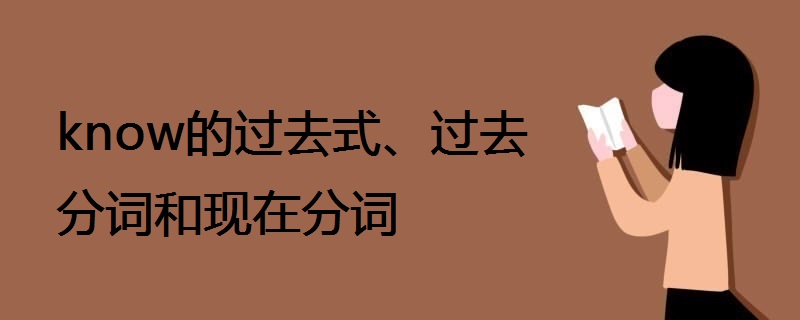whom的用法及例句:whom作为代词,基本含义为“谁”、“什么人”,在定语从句中作宾语,与who同义;可用于疑问句中,询问人的姓名或身份;还可用于某些动词和形容词后,引导谈论某人或某一群人的姓名;也可放在句首用于限定说明;例句为Whom did they invite?

whom的中文含义及用法介绍
1、当whom用于疑问句,询问人的姓名或身份,翻译为“谁”。
例句:'I want to send a telegram.' — 'Fine, to whom?'...
“我想发份电报。”——“好的,发给谁?”
He asked me with whom I had discussed it.
他问我和谁讨论过此事。
He asked whom I'd told about his having been away
他问我把他曾离开的消息告诉过谁。
What would I do? Whom would I run to? Momma was still away
我该怎么办?我能向谁求助?妈妈还没回来。
Whom did he expect to answer his phone?
他希望由谁来接电话?
2、当whom用于某些动词和形容词后,引导谈论某人或某一群人的姓名或身份的从句时,也可翻译为“谁”。
例句:He asked whom I'd told about his having been away...
他问我把他曾离开的消息告诉过谁。
'I want to send a telegram.' — 'Fine, to whom?'
“我想发份电报。”——“好的,发给谁?”
Whom do the police suspect?
警方怀疑谁?
3、当whom用于进行限定说明或提供更多信息的关系从句的句首时,可翻译为“什么人”。
例句:One writer in whom I had taken an interest was Immanuel Velikovsky...
我感兴趣的其中一位作家是伊曼纽尔韦利科夫斯基。
Let the students themselves decide with whom they want to socialize.
让学生们自己决定他们愿跟什么人交往。
We have to be realistic about whom we're dealing with.
我们得实事求是弄清楚我们在跟什么人打交道。
Whom do you think Goya is using as models for his angels?
你们知道戈雅用什么人作天使的模特吗?
















如果未满18岁得孩子也不归宿,必须对孩子进行教育,否则就要承担相应的法律责任。